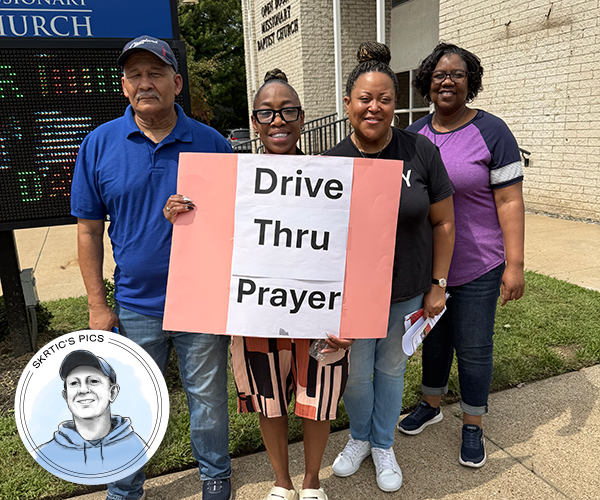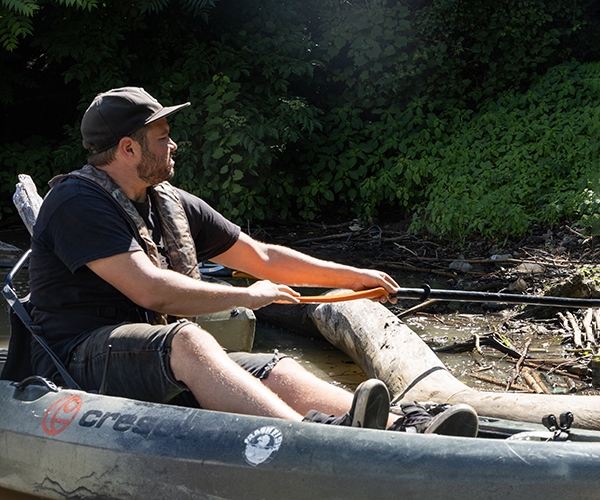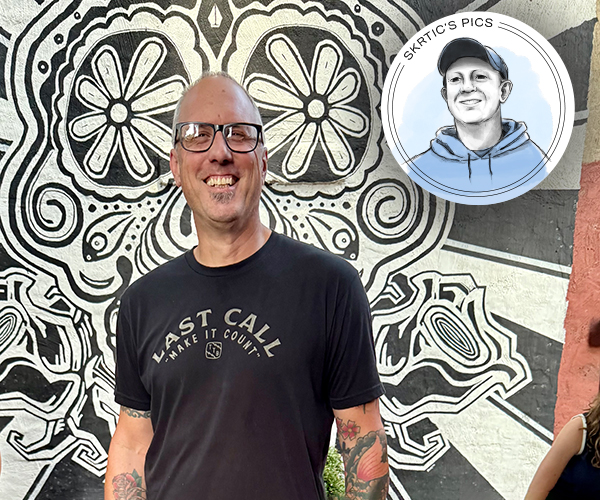Shuai Wang's fingers are exploding across the piano keys. She casts a glance across the tiny stage to see the other musicians in her ensemble leaning into their instruments, attacking the tune. She notices the murmuring restaurant crowd around them has grown quieter, the patrons at the bar swiveling to face the stage.
She couldn't be happier. For the next three hours, she and a number of other young musicians will be sharing some great classical music with people who otherwise might never hear it.
Wang, 31, is the director of Classical Revolution Cleveland, an organization of local ensemble groups that brings classical music to atypical venues such as clubs, bars and cafes. It's one of 30 Classical Revolution chapters in the U.S. and Europe.
In addition to monthly gigs at Happy Dog and The Barking Spider, the musicians have entertained at the Velvet Tango Room, Lakewood's Root Cafe, Tremont's Prosperity Social Club and elsewhere. Players include many students and graduates from the Cleveland Institute of Music, not to mention the occasional Cleveland Orchestra member or visiting artist.
Although the selections range from Bach, Beethoven and Brahms to avant-garde numbers featuring electric instruments and percussion, the response has been uniformly positive.
"People will come up and say, •Wow, I've never heard this kind of music before,' " says Wang. "Others will say, •Oh my gosh, that was so fun, I'll totally come back!' "
Wang, who took leadership of Classical Revolution Cleveland shortly after its founding in 2009, says she tries to match the ensembles and music selections to each venue's vibe. Judging by the feedback, it seems to have struck a chord.
"The public really appreciates what we do," she notes. "That's one thing I notice about Cleveland. There are so many people who are supportive of music and art."
Outside of Classical Revolution, Wang keeps up a busy schedule. Among other things, she's currently in the process of performing the complete Mozart piano sonatas.
As a faculty member at CIM, Wang could restrict her playing to recital halls. But that wouldn't be in keeping with her favorite quote, by legendary cellist Pablo Casals: "Music will save the world."
"I really do believe that," she says. "Even in the saddest moment or darkest time of somebody's life, if you play music or sing a song, it makes it a million times better."
To that end, Wang, who grew up in China and in a culture that reveres its elders, frequently takes small jobs playing at retirement homes. She also organizes recitals for her private piano students to entertain seniors.
"The residents love it when they see little kids play," she says, smiling. "As my studio grew, it sort of became a tradition."
Wang's intense love of music springs from being completely surrounded by it as a child: Her apartment complex was attached to the Tianjin Conservatory of Music and home to several renowned instructors, including her father, a professor of erhu (Chinese two-stringed violin). At age 5 she began taking piano lessons from a neighbor. By the time she was 10, she had won two national competitions.
At just 14, Wang left China on her own to attend the Interlochen Arts Academy, a boarding school for aspiring musicians and artists in Michigan. She subsequently came to CIM and set down professional and personal roots in Cleveland, marrying fellow student George Bertalan.
"I feel very lucky being here," says Wang, who holds a doctorate in music performance from CIM. "The spirit of the American people and of the people in Cleveland gives me so much joy and hope and energy."



